Permanent Resident Visa
Permanent Residence Application from Spouse Visa
- 2024.05.15

Did you know that the requirements for permanent residence are relaxed for spouses of Japanese nationals, permanent residents, and special permanent residents? *The term “spouse” here refers to all spouses of Japanese nationals, permanent residents, and special permanent residents. It is applicable whether the spouse currently has a Spouse visa or not. In this article, we will thoroughly explain the application for permanent residence for Japanese nationals, permanent residents, and spouses of special permanent residents!
What is Permanent Residency?
If a foreign national wishes to reside permanently in Japan, he/she must apply for a permanent residence permit.
In most cases, you need a status of residence to stay in Japan, and this application is essential if you want to change from another status of residence to a permanent resident.
Once you obtain a permanent residence permit, you will not be required to renew your period of stay or change your status of residence. At the same time, there will be no restrictions on your residence activities, and you will be free to work on any job.
When applying for permanent residence visa status, there are three major requirements.
1 The applicant must be of good conduct
2 Having sufficient assets or skills to earn an independent living
3 The permanent residence of the person is deemed to be in the interests of Japan.
All of these conditions must be met.
| 1 | The applicant must be of good conduct |
| The term “conduct” refers to one’s daily attitude. It means that the resident is obedient to the law and conducts his/her daily life in a manner that is not socially reprehensible. | |
| 2 | Have sufficient assets or skills to earn an independent living |
| The applicant must be able to provide for his/her own living expenses (or those of his/her dependents, etc.) and must not be a burden on Japanese society economically. “Skill” here refers to an occupation that provides a stable income, and “assets” refers to property such as real estate and savings accounts. Although the criteria for annual income and the amount of assets are not specified, the applicant’s situation, including the number of dependents in the household, will be judged comprehensively. | |
| 3 | The permanent residence of the person is deemed to be in the best interest of Japan. |
| This condition consists of the following four conditions ⚫︎ Number of years you have lived in Japan ⚫︎ Having fulfilled his/her public duties in the life of Japan ⚫︎ The applicant must currently hold the visa with the longest possible period of stay ⚫︎ Not likely to be harmful from a public health standpoint |
|
Legal Requirements for Spouses of Japanese Nationals, Permanent Residents, and Special Permanent Residents Applying for Permanent Residence
As mentioned above, three conditions are set for foreigners to apply for permanent residence.
In the case of spouses of Japanese nationals, permanent residents, and special permanent residents, it is not necessary to meet requirements 1 and 2 of the three conditions. In addition, some of the requirements in 3 will be relaxed. The 3 consists of four additional requirements. In this article, we will explain these four requirements.
“3. That the person’s permanent residence is deemed to be in the best interests of Japan.”
(A) Period of stay
The couple must have been married for at least three years and have been continuously residing in Japan for at least one year.
The question of whether or not the marriage is an actual marriage means that it will be judged comprehensively, including the facts of cohabitation and support, to confirm that it is not a sham marriage.
If the couple is living separately and one of them is living abroad, the key points are whether there are reasonable grounds for separation and whether there is actual support for the couple.
Under the Japanese Civil Code, married couples are obligated to live together and support each other.
Also, in terms of whether or not the applicant has “resided in this country (Japan) for more than one year,” it is important to note that the applicant must be residing in Japan continuously.
If you are in a foreign country for approximately 90 consecutive days or 150 to 200 days per year, you cannot be said to be “continuously residing in Japan,” which is a negative factor in the permanent residence examination.
For more information on applying for permanent residence and leaving Japan, please refer to this page.
If you do not live together or leave the country frequently, we recommend that you consult with a specialist to make sure your application is well-prepared.
(B) Not having been fined or imprisoned and fulfilled public duties
About not being fined or imprisoned.
If you have ever been sentenced to imprisonment or a prison sentence, a permanent residence visa will not be granted until 10 years have passed since the expiration of the sentence (or 5 years since the expiration of probation in the case of a suspended sentence), or until 5 years have passed since payment of the fine or penalty in the case of a fine.
In addition, repeated traffic violations will have a negative impact on the screening process, as well as if a family member on a family residence visa is working more than the 28-hour weekly limit or working part-time in a place where they are not allowed to work, such as in the sex industry.
Fulfillment of Public Duties
Public duties refer to obligations such as tax payment, payment of premiums for public pension and public medical insurance, and notification as stipulated in the Immigration Control and Refugee Recognition Act.
(1) Payment of tax, public pension, and public medical insurance premiums (if you are the spouse of a Japanese national, the spouse of a permanent resident, or the spouse of a special permanent resident)
Proof of resident tax payment status → 3 years (5 years for those with a Working visa)
Documents proving payment of public pension and public medical insurance premiums → 2 years
To apply for a permanent residence permit, the applicant must pay taxes, pensions, social insurance premiums, etc. If you are a company employee and the above are deducted from your salary, there will not be a problem.
If those are not deducted from your paycheck and are obligated to make the payment yourself, or if you are a sole proprietor or company owner, you should be aware of this.
(2) Obligations of notification, etc. as provided for in the Immigration Control and Refugee Recognition Act
Foreign nationals residing in Japan are required to notify the regional immigration bureau or city/ward office of the following cases
○ Situations in which it is necessary to notify the regional immigration office
-When there is a change in name, nationality/region, date of birth, or gender
-If there is a change in your organization
-Divorce from the spouse, etc.
○ Situation in which you need to notify the municipality
-When a new place of residence is established or when there is a change in the place of residence
C) Regarding the current period of stay
As for the current period of stay, as long as it is “more than 3 years”, there is no problem.
The applicant is required to have stayed in Japan for the maximum period of stay stipulated in Appended Table 2 of the Enforcement Regulations of the Immigration Control and Refugee Recognition Act concerning the status of residence he/she currently possesses.
The maximum period of stay for a spouse visa is 5 years, but for the time being, a spouse with a period of stay of “3 years” will be treated as “residing with the longest period of stay”.
D) Not likely to be harmful from the standpoint of public health
Persons suffering from Class I infectious diseases, Class II infectious diseases, designated infectious diseases, or new infectious diseases as defined in the Act on Prevention of Infectious Diseases and Medical Care for Patients of Infectious Diseases, or chronic addicts of narcotics, cannabis, opium, and stimulants are treated as persons who are likely to be harmful from a public health perspective.
Summary
Spouses of Japanese nationals, spouses of permanent residents, and spouses of special permanent residents who have been de Facto married for at least three years, have been residing in Japan for at least one year, and meet other requirements for permanent residence may apply for a permanent residence visa under the special requirements. This is a very attractive system because the special requirements allow a person to apply for permanent residence even if he/she has only stayed in Japan for one year.
However, although not listed in the guidelines, a taxation certificate or other documentation showing income is required as a necessary document. In fact, if your income is low, there is a possibility that your application will be rejected. If you have concerns about this, please contact us for consultation.
We are Yanagi group, which have offices in Osaka (Abeno and Tennoji), and our affiliated offices in Tokyo (Shibuya and Ebisu) are also available for an on-site consultation. We have handled many applications for permanent residence permits, naturalization permits, work visas, college student visas, management visas, etc., as well as visa renewal procedures related to the status of residence with the Immigration Bureau (Immigration Bureau) as a one-stop service. Our experienced administrative scriveners are also available to help you with any problems you may have.
We also have staff members who can speak each of the native languages and can assist you in obtaining a visa.
※If you wish to be consulted in Nepali or Bengali, please inform us in advance via our website or social media, and the translator will contact you ahead of time.
Please feel free to contact us if you have any questions about your status of residence or visa, even if they are trivial.
Toll-free number: 0120-138-552
For English speakers: 080-9346-2991
For Chinese speakers: 090-8456-6196
For Korean speakers: 090-8448-2133
For Vietnamese speakers: 080-5510-2593
Editor of this article
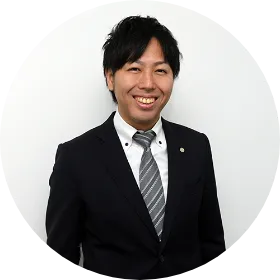
- Ryota Yanagimoto
- Administrative Scrivener/Judicial Scrivener
At the age of 24, he passed the national examinations for judicial scrivener, administrative scrivener, and wage service manager at the same time.
While working as a full-time lecturer at a major prep school, he independently opened a legal office related to judicial scriveners and administrative scriveners,
and he has experience as a judicial scrivener and an administrative scrivener for more than 15 years so far.
He has been actively contributing to various industries such as publicly listed companies, real estate companies, financial institutions, elderly care services, and professional organizations by conducting seminars, lectures, and talks.
And now he has a record of over 60 presentations so far.
Furthermore, as the president of a Japanese language school announced by the Ministry of Justice and Acts, and an advisor to a real estate company (capable of handling foreign clients),
he has been involved in various aspects of industries related to foreigners.
It is recommended to consult with experts when it comes to visas, naturalization, and residency matters.

Our office has specialized experts in visa and naturalization applications who are available to assist with free consultations (limited to the first session) and inquiries related to various visa applications and naturalization applications.
Additionally, we have foreign staff proficient in English, Chinese, and Korean languages with specialized knowledge, and they are present to provide support. They can accommodate consultations and inquiries in each language. Feel free to use our free consultation and inquiry services from here.









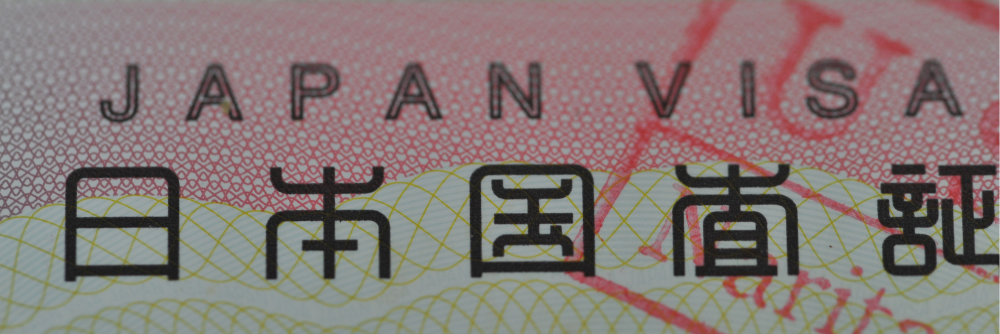





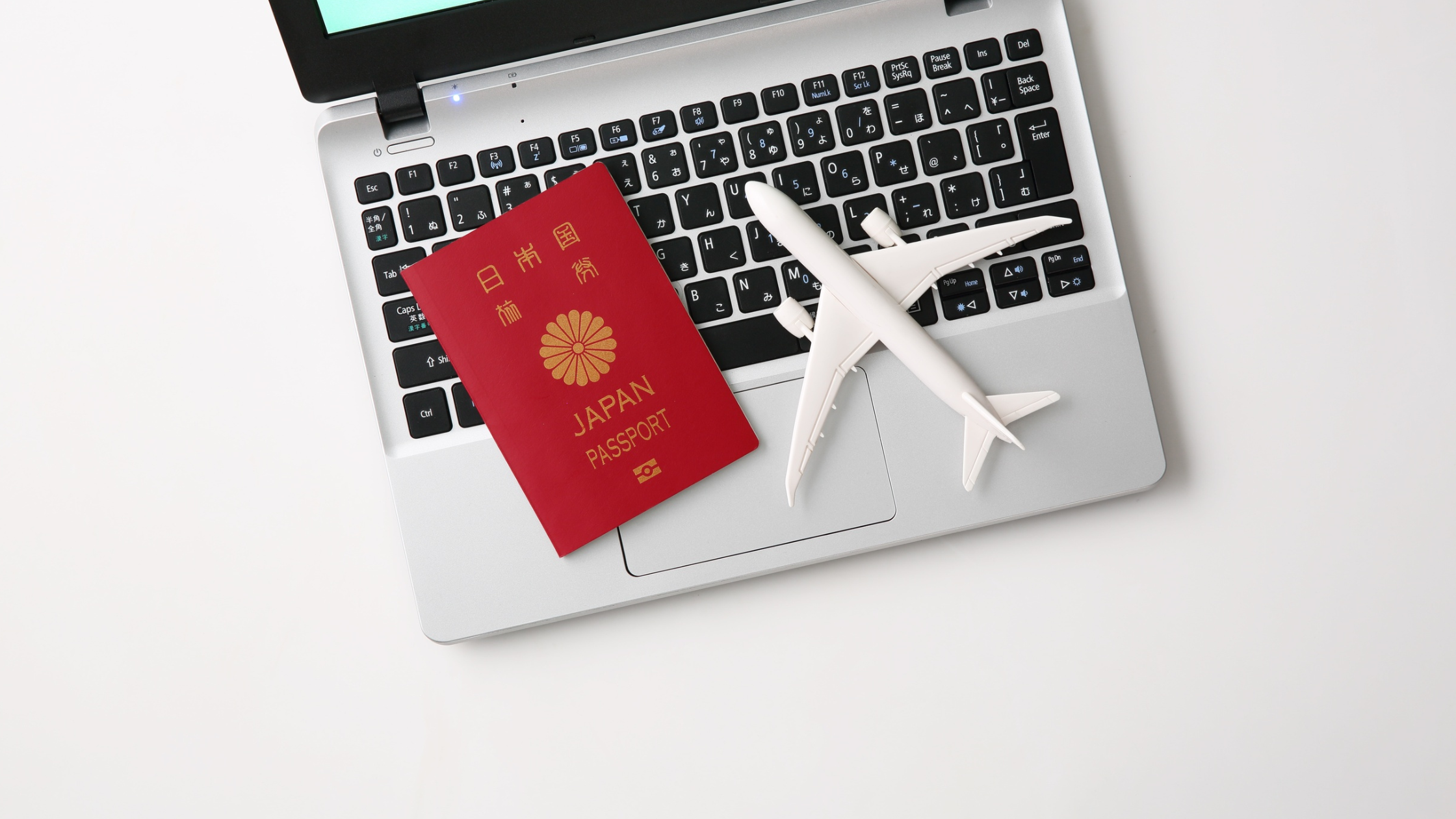







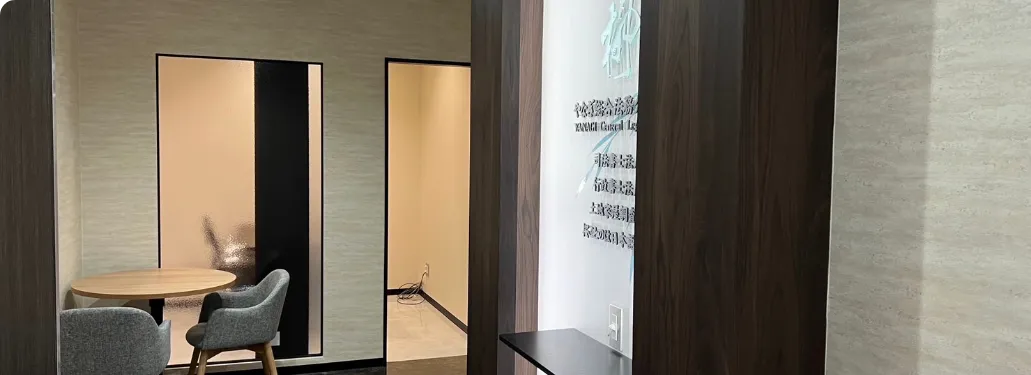
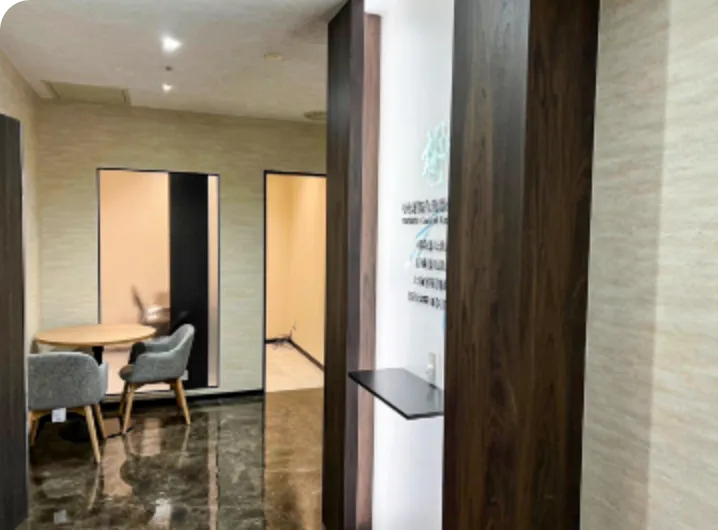
 0120-138-552
0120-138-552 Free
Consultation
Free
Consultation Contact Us
Contact Us